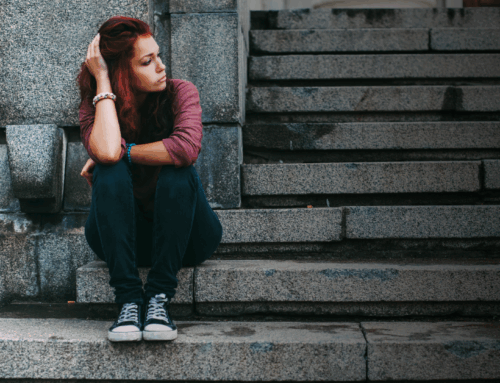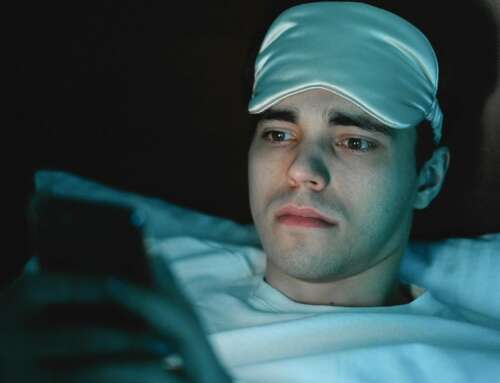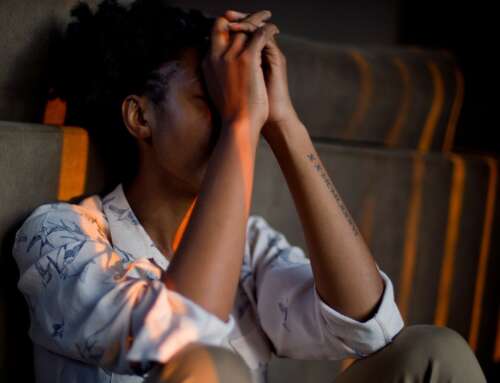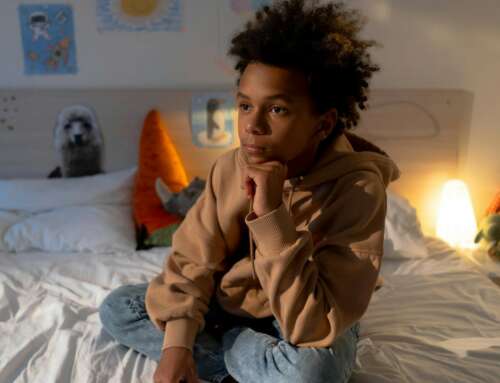Living with a severely unsettled baby has been described as a form of torture. For Laura Conway, it’s an experience still seared into her memory.
When her youngest was an infant, the reflux-troubled child went through months of sleeping only in 45-minute stints. The little boy would wake up screaming, emitting a noise that Laura compared to a jackhammer.
“I remember going to drop my older daughter off at childcare, and saying to the worker ‘I probably shouldn’t even be allowed out of the house, I’m just so tired’,” she said.
“It was relentless.”
Parents in the midst of extreme sleep deprivation can only hope that it is a passing phase. But for the most excessively unhappy babies, there is now new evidence the severe symptoms could be a harbinger of future problems.
Australian researchers have found that babies classified as severely unsettled are almost 10 times more likely by the age of 11 than their settled peers to score in the clinical range for mental health concerns.
This rating means that they would likely meet the threshold for a formal diagnosis of a mental disorder.
Dr Fallon Cook, who led the team of researchers from the Murdoch Children’s Research Institute, said it was the first evidence that for some children, mental health problems could start developing as early as infancy.
“It’s quite compelling … because previously they thought that mental health problems might begin emerging in childhood or adolescence,” Dr Cook said.
“It really excites us, because it means we have a really powerful opportunity to develop new interventions.
“If we can deliver those early enough it may be that we are able to bump those children onto a more-positive trajectory.”
– Aisha Dow
Read More: Mental Health Warning for Extremely Unsettled Babies
Image by Gregory Pappas from Unsplash







Leave A Comment